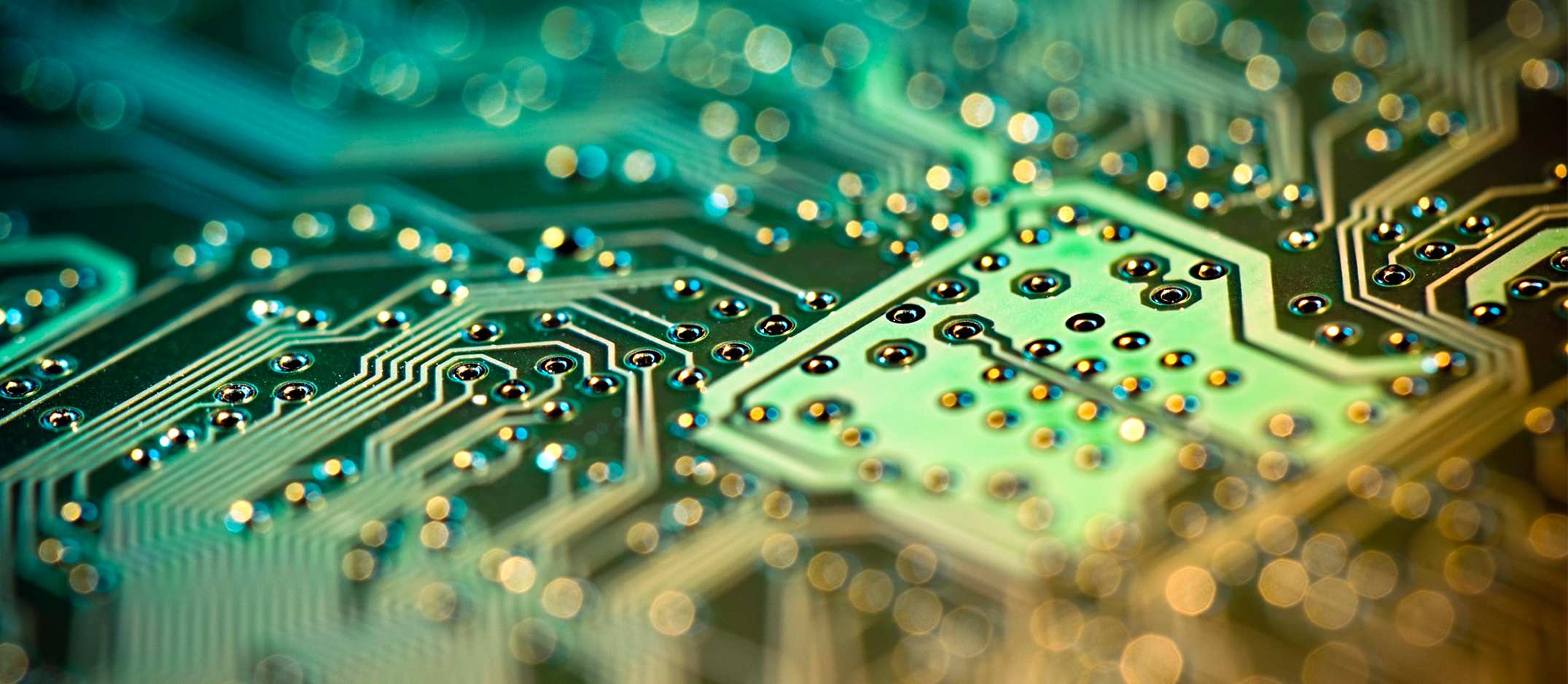COMPUTER SCIENCE
The two year A-Level Computer Science course enables you to study a range of topics including:
• Practical Programming using C#
• Problem solving
• Algorithms and trace tables
• Computer systems including the architecture of a computer
• Data representation including binary data, hexadecimal data, text, images and sound
• The structure and function of networks
• Relational databases
• The concept of big data (think how much data Snapchat stores on a daily basis)
The course is assessed through two written papers and an extended piece of coursework.

More about the course
What will I study
We interact with computers every single day; they have become an intrinsic part of both our social and working life, allowing us to be more creative, try out new ideas and solve more problems. Computer Science is distinct from IT, and is a more scientific and technical subject, which will teach you about programming and develop your understanding of how computers work. Being at the forefront of technological advancement, you will be looking at topics and asking questions that have the potential to change how we view the world. A recent report has shown that British scientists have potentially solved the global problem of where to store our vast amount of data, by developing a technique where they are able to store computer files on DNA code.
There are three core elements to the course: two examined papers and an individual research project:
- The first element tests your programming skills, as well as your theoretical knowledge of data structures, algorithms and the theory of computation.
- The second element covers 9 main themes: Data Representation, Computer Systems, Computer Architecture, Consequences of using Computer Systems, Networking, Databases, Big Data and Functional Programming.
- The independent coursework project gives you an opportunity to develop skills that are not necessarily part of the of the course specification and then apply them to the programming environment.
Why choose Computer Science at KGV
KGV has several fully equipped, up to date computer laboratories, which feature the lasted application development software and interactive learning materials. You will also have access to the Microsoft Teams Sites that hosts all the class resources and are accessible from any computer or tablet platform. To help you realise your potential and ensure you have an enjoyable learning experience, the department also operates an open door policy which means you are able to make use of the facilities and get the support you need at any time.
When combined with A Level Maths and Physics, the majority of students go on to take a combination of the subjects at undergraduate level. Increasingly though, many students are choosing to take pure computer science as their choice for higher education, with former students currently studying at York University and Leeds University. However, because Computer Science is so integral to the latest technological advancements, it has given one particular student the opportunity to study Underwater Photography supported by computer science at the University of Portsmouth.
Entry Requirements
Standard
5 GCSEs at grades 9 - 5 and or including, English Language and Maths at grade 4 or above.
Course specific
You will need a grade 5 or above in Maths .
Preparing for this course
Although you will have lots of time to study on the course, it's a great idea to get a little head-start with some of the programming languages you'll be learning. Visit W3 Schools and start to do some basic experimenting with C# syntax and SQL.
Watch and work through the exercises in YouTube videos: